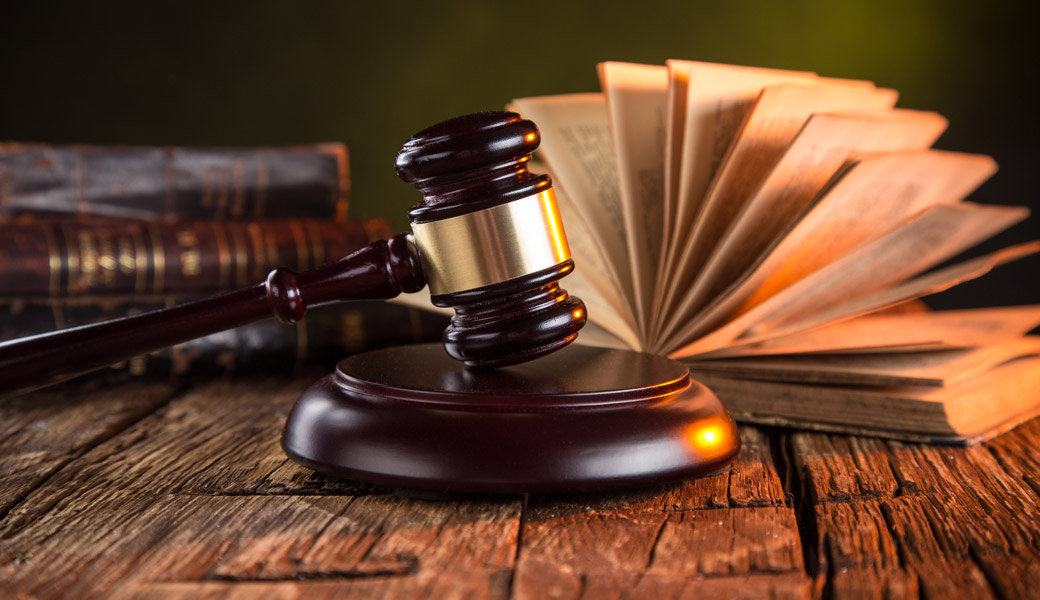Life happens…and sometimes, all hell breaks loose. Suddenly, you might be facing arrest on suspicion of a crime or, even worse, a criminal trial. If you or a loved one is in such a pickle, you may need to find a criminal defense attorney ASAP. As such, Sean Fagan, Criminal Defence Lawyer, can help protect your interests in Calgary and surrounding locations.
Let’s face it, criminal charges could lead to a jail sentence and may impact your ability to secure gainful employment. Besides, a criminal record may affect other prospects. For instance, potential landlords may frown at your rental applications, not to mention the impact of such a record on your reputation.
Oh, wait! I’m certain you would want to know how much it costs to hire a criminal defense representative, right? Full disclosure, costs are not cast in stone and can vary widely from one lawyer to the next. And while the average hourly rate may be roughly $200, it’s not uncommon for clients to pay anywhere between $150 and $600.
So, what causes such a variation? Generally, various variables impact attorney costs, including:
- A lawyer’s experience
- The complexity of the case
- Location- lawyers will typically pass on their overheads to their customers
- Jurisdiction
- Whether your case goes to trial
Thus, it helps to discuss an attorney’s fees before contracting them to represent you. Be proactive by asking questions to help determine if a particular attorney is within your budget.
Let’s expound on some of the fee structures typically adopted by most lawyers. That way, you’ll have a better idea of why fees vary.
1. Hourly Rates
It is not uncommon for criminal lawyers to charge an hourly fee for their services. In fact, this is a fairly common arrangement among many different legal practices. There are a few reasons why this might be the case.
For starters, it gives the lawyer more flexibility in allocating their time. They can choose to work fewer hours if they have a lighter caseload or put in more hours if they need to prepare for a particularly complex trial.
Plus, an hourly fee provides a financial incentive for the lawyer to work efficiently and effectively. As a result, the lawyer keeps costs low and clients get value for money- a win-win. But, ultimately, an hourly fee is just one way criminal lawyers can choose to structure their billing. And in the end, what matters most is that you get the desired results.
As we’ve noted, hourly rates may vary depending on an attorney’s competence or the nature of a particular case. Thus, if a lawyer charges $300 an hour and ends up working on a case for 40 hours, your legal bill would be $12,000.
2. Retainer
In some cases, lawyers who adopt an hourly billing rate may require you to pay a retainer fee. A retainer is a sum of money paid in advance to secure the services of a lawyer. The lawyer will then deduct their hourly rate from the retainer as they work on the case.
Sometimes, the entire retainer may be used up before the case is resolved. But if some money is left over, the lawyer may return the funds to the client or apply them towards future legal fees. Alternatively, an hourly rate may kick in if the retainer is expended before the completion of a case.
Criminal lawyers may also require a retainer to take on a case. This is because criminal cases can be very complex and time-consuming. As such, a retainer ensures a lawyer is compensated for their time and effort even if the case is not ultimately successful.
As with any legal matter, it is critical to understand the costs involved before hiring a lawyer- a fact we cannot overstate. This way, you can make an informed decision about whether or not to proceed with legal action.
3. Flat Fee
Some criminal lawyers may charge a flat fee. The flat fee often applies to less serious cases, such as traffic violations. The lawyer will typically charge a set amount, regardless of how many hours are required to resolve the case. This can be a more cost-effective option for clients who don’t have complex legal needs.
Although a flat fee may not be the norm, expect to pay a ballpark fee ranging from $1,500 to $4000 under this arrangement. But, paying a flat fee does not guarantee a favorable outcome.
Further, some attorneys don’t prefer charging a flat fee as legal proceedings may vary. Thus, they may not know in advance how much the entire case will cost. For instance, a trial that takes longer than expected may not work in a lawyer’s favor. Consequently, even if they settle for a flat fee, they can include a clause in their contract with a client, allowing them to raise their flat fee depending on a case’s circumstances.
To assert your defense, it helps to have a criminal attorney by your side. And while different fee structures and other aspects factor into the costs, potential fees should not be your only guide. Opt for an experienced attorney who thoroughly grasps criminal law. Sure, you’ll likely pay more, but when your livelihood, well-being, and freedom are on the line, a legal fee is a small price, no?














